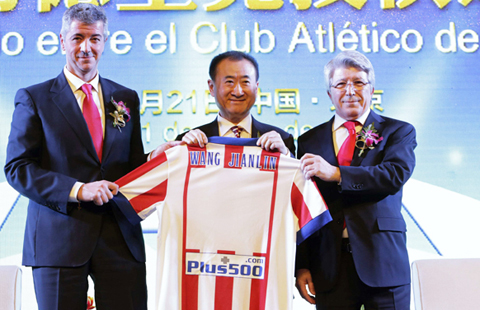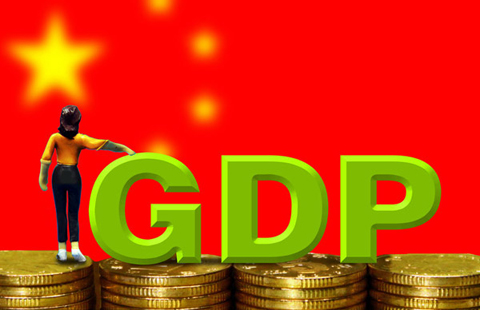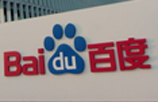China turns to rail , nuclear to energize exports
By ZHAO YINAN (China Daily) Updated: 2015-01-29 09:50Infrastructure including rail, nuclear power to spearhead latest drive into overseas markets
China will lift sluggish exports by promoting rail, nuclear power and surplus products in overseas markets after trade growth fell short of its target last year.
The exploration of overseas markets for railways, nuclear power and other sectors involving the use of large-scale equipment will be upgraded through joint-ventures and public-private partnerships, top members of the State Council decided on Wednesday. Premier Li Keqiang presided over the executive meeting.
Industrial resources in those sectors should be integrated, according to a statement released after the meeting. The decision was in line with the ongoing merger of the country's top two train makers, hinting that a similar overhaul in related industries could be possible.
Industries with overcapacity, including steel, nonferrous smelting, building materials and textiles, are also included in China's latest plan to reach out to overseas markets, the statement said.
The statement said the plan will become another engine to drive the country's exports and help with needed upgrading of domestic industries.
China has relied heavily on the export of large-scale equipment, such as railways and nuclear power facilities, to boost trade after missing its growth target for the third consecutive year.
The country's foreign trade rose by 3.4 percent last year, far behind its target of 7 percent. Exports grew by 4.9 percent last year to 14.4 trillion yuan ($2.32 trillion), and the surplus widened to 2.35 trillion yuan.
In its latest move, China CNR Corp, a leading manufacturer of locomotives in China, announced an export contract for subway trains with the United States on Jan 27. It was the first foray into the US rail transit market, Xinhua News Agency reported.
The manufacturer will sell 284 subway trains worth 4.12 billion yuan to equip Red and Orange subway lines in Boston, the announcement said.
Wang Mengshu, an academic at the Chinese Academy of Engineering who specializes in rail and infrastructure projects, said China boasts the longest rail lines in the world-proof of its technological success-and Chinese rail companies' prices are more competitive than Japanese and German companies.
"Railway exports invigorate the whole industrial chain, including the manufacturing of locomotives, parts and signals," he said.
Chinese companies are more competitive since they are able to offer a whole package of services, including infrastructure construction, locomotive manufacturing, maintenance and professional training, Wang said.
Wednesday's executive meeting also brought a decision to build more business incubators to provide logistics, legal and accounting services for startup companies.
It asked local governments to streamline the administrative procedures for small and micro companies, and to provide offices at low cost or subsidize their rent, Internet and other fixed expenses.
The meeting pledged to use government-backed funds and tax exemptions to support early-stage scientific and technological companies, which often face difficulties in borrowing capital because of their lack of tangible assets.
Angel investors, crowd funding, a regional stock exchange market and intellectual property mortgages will also be encouraged to support startup businesses.
- Export revenue of 6 labor-intensive products hits 100 bn yuan
- Export quota system for rare earths abolished
- China to push exports of railway, nuclear power products
- Analysis of the role of nuclear power in economic and social development and policy suggestions (No 176, 2009)
- China rail company plans new Mexico bid
- China's forest products foreign trade reaches $138b
- China eyes mass innovation, entrepreneurship as new engine
- CeBIT 2015 to focus on digitization, expects huge China presence
- China to set commercial crude oil reserve inventory
- China continues regular inspection on margin trading
- Heavy industry hub targets slower economy growth
- China turns to rail , nuclear to energize exports
- LeTV to sell smartphones in China

















